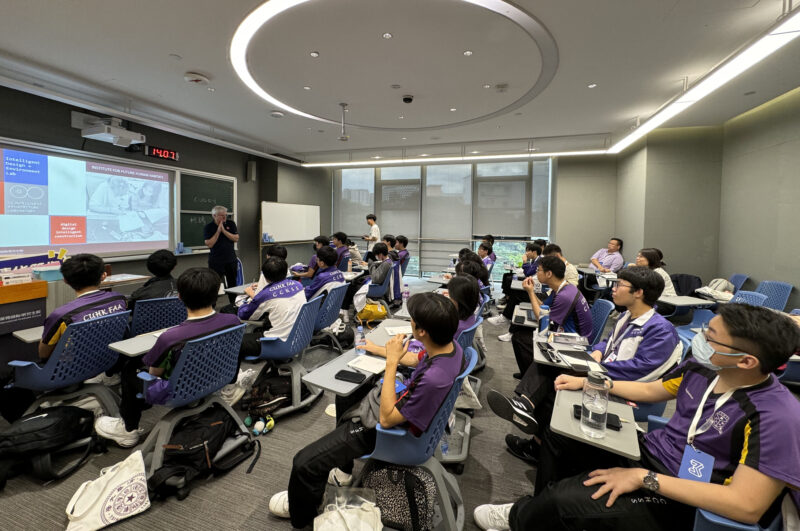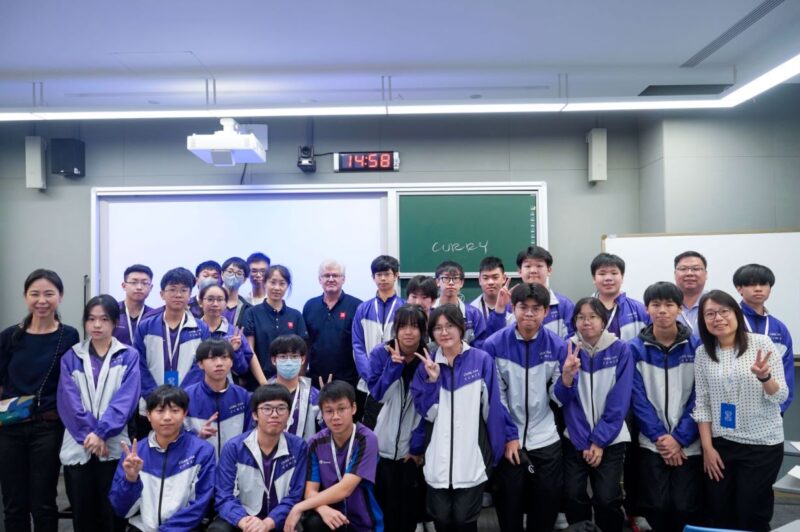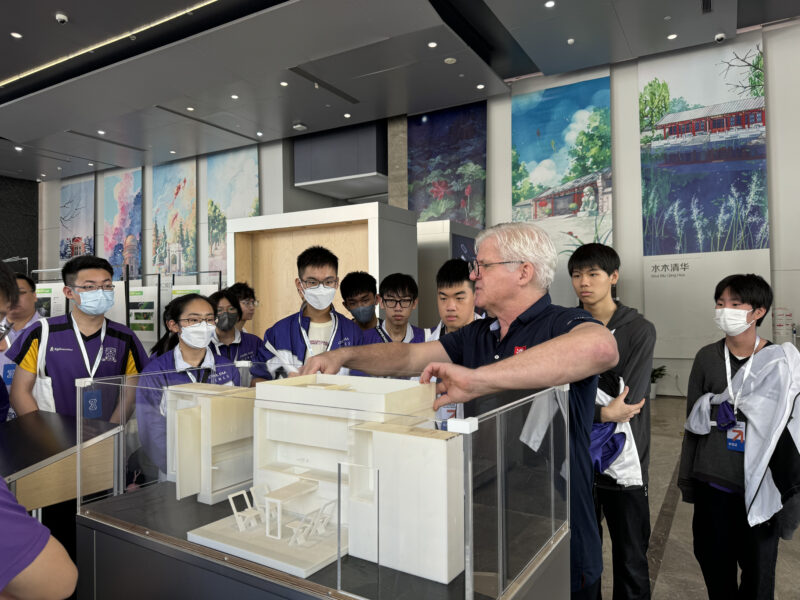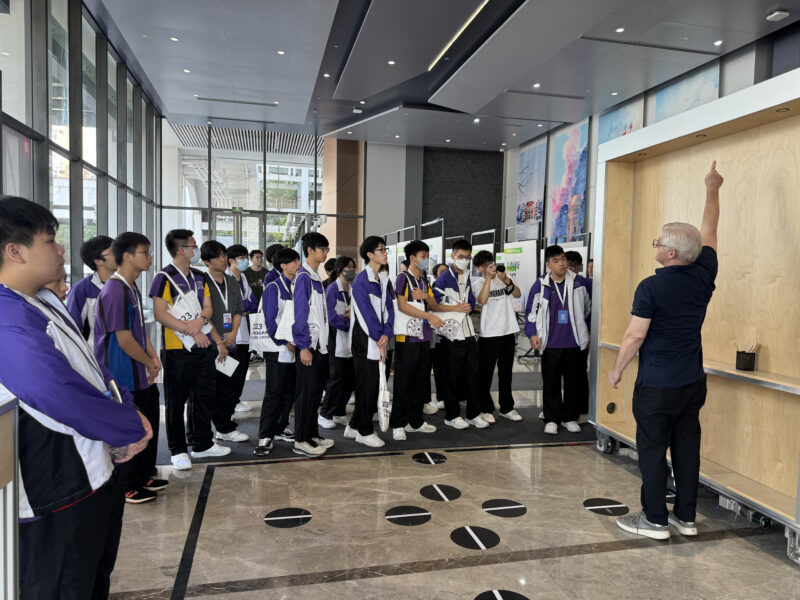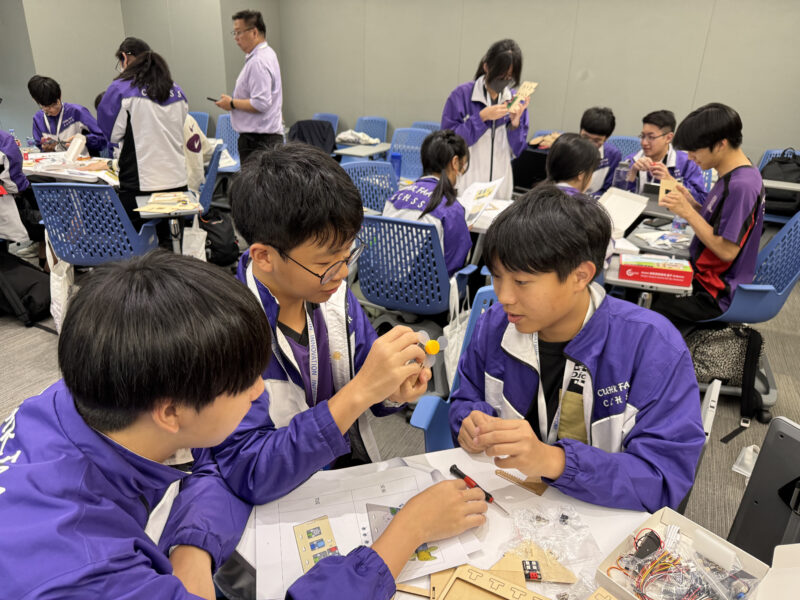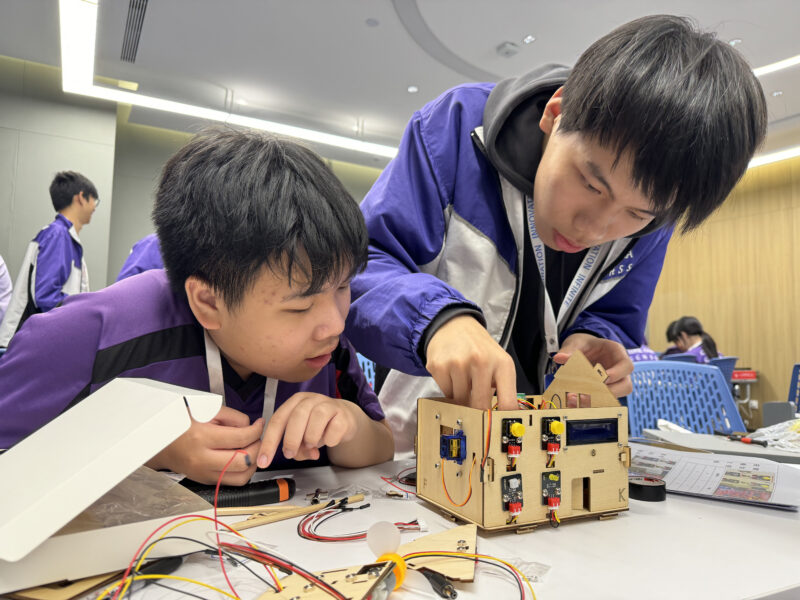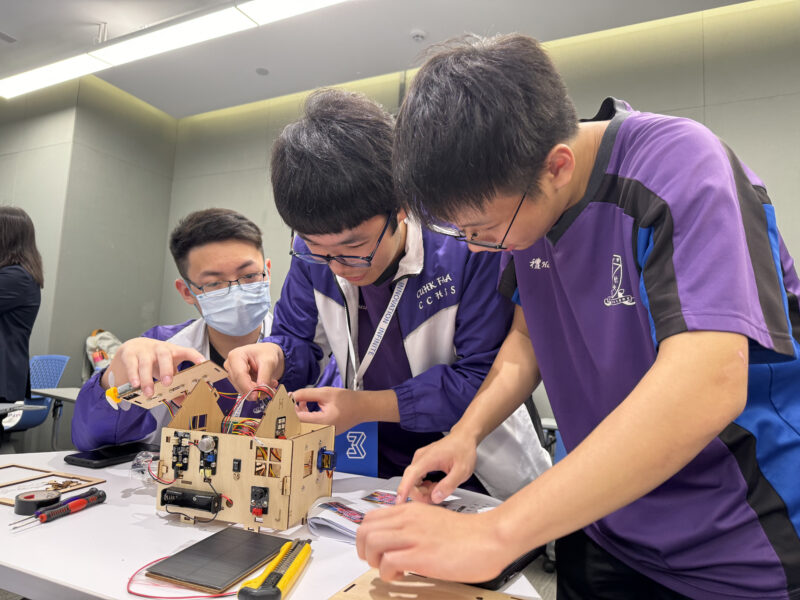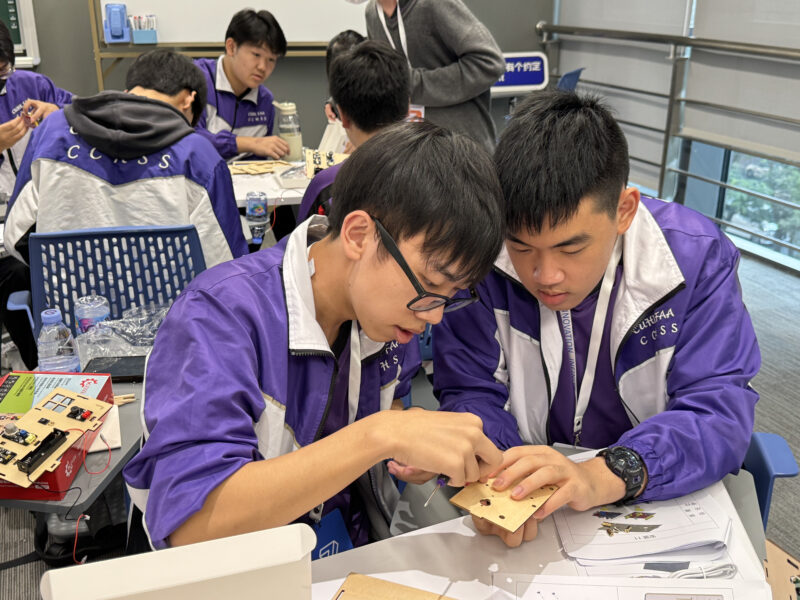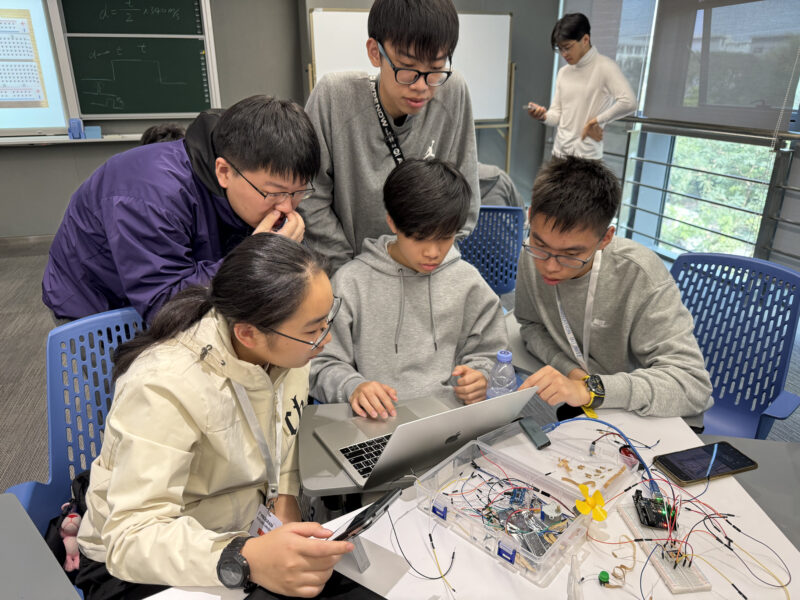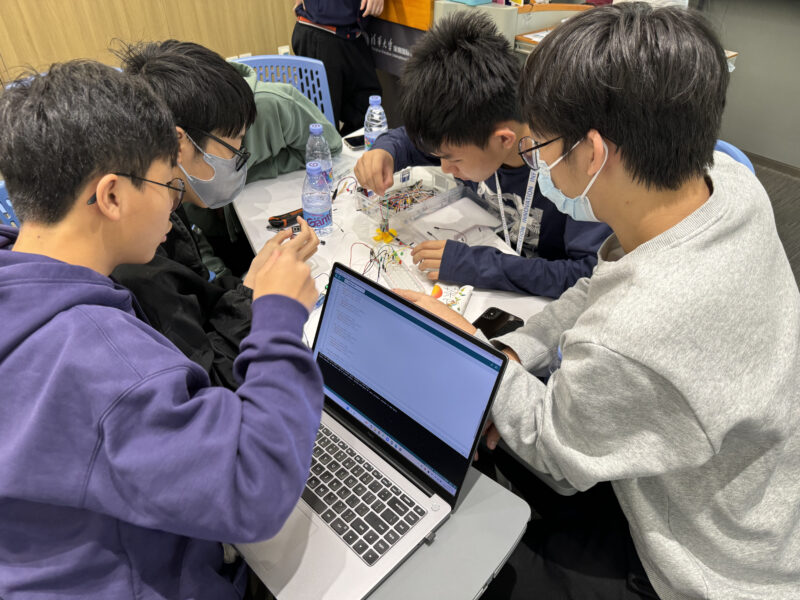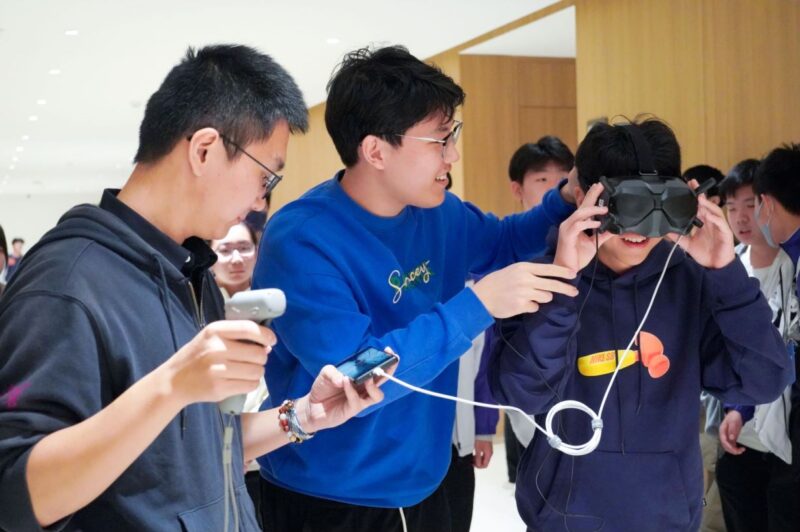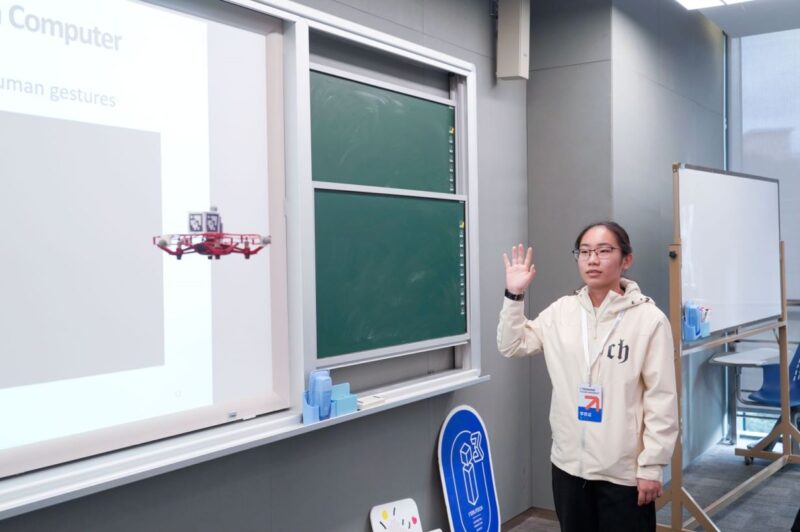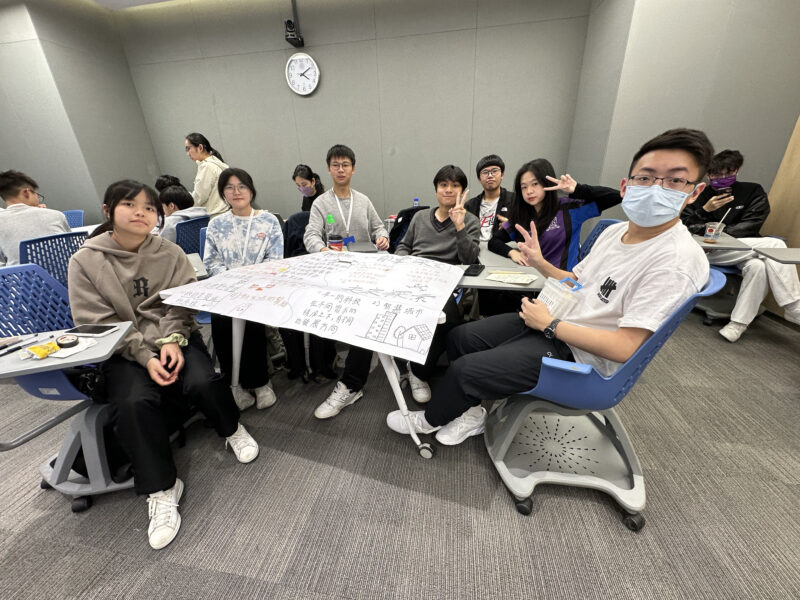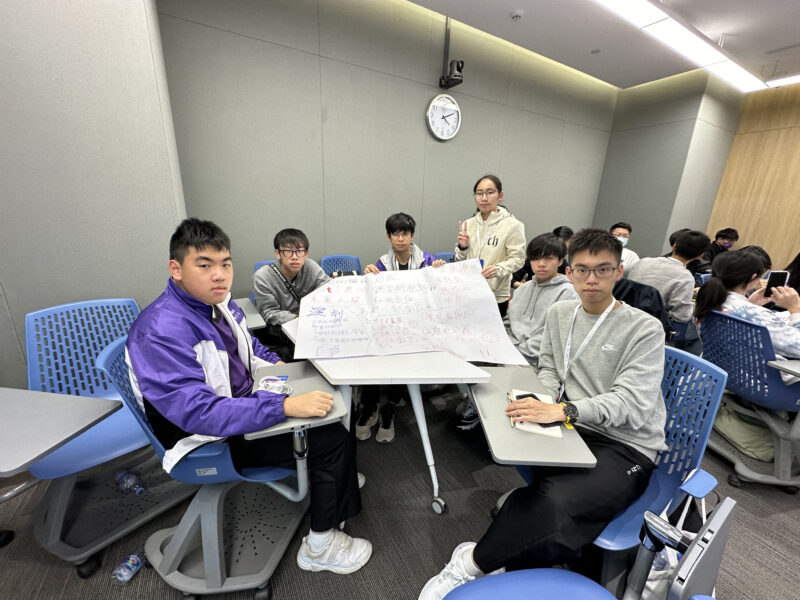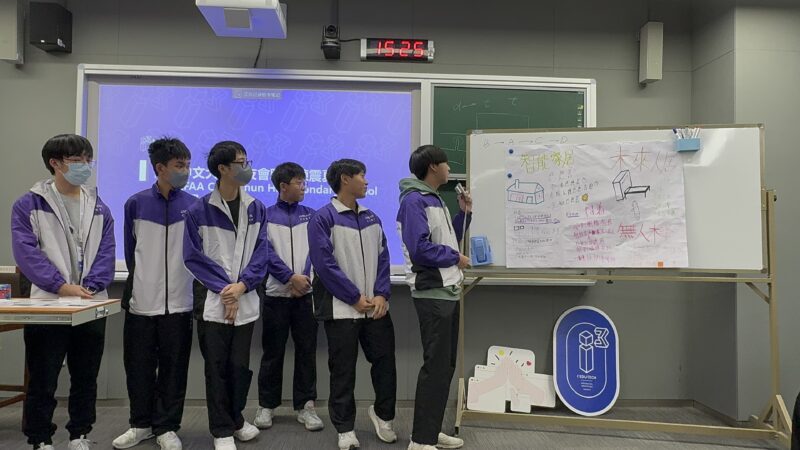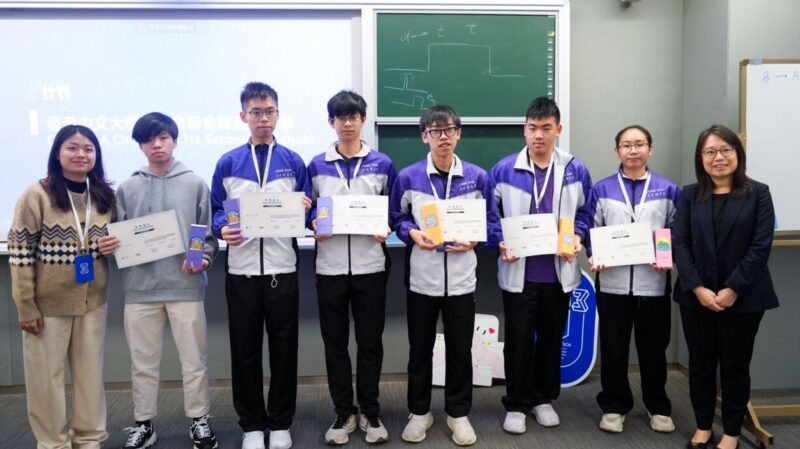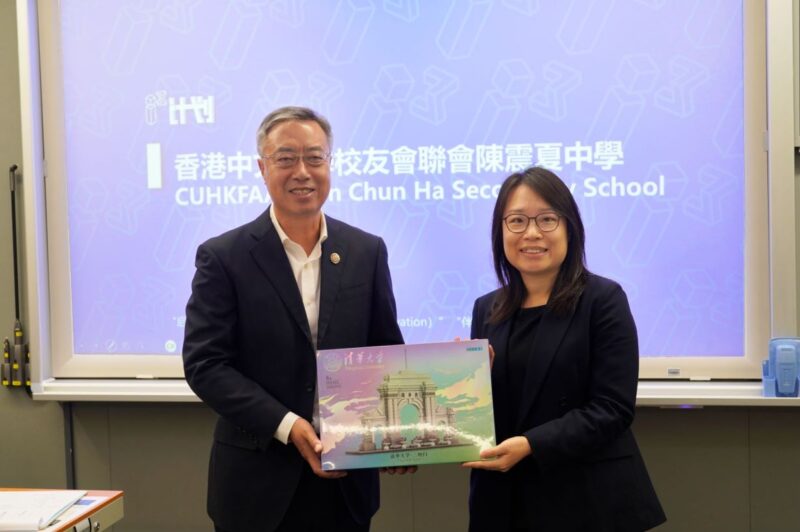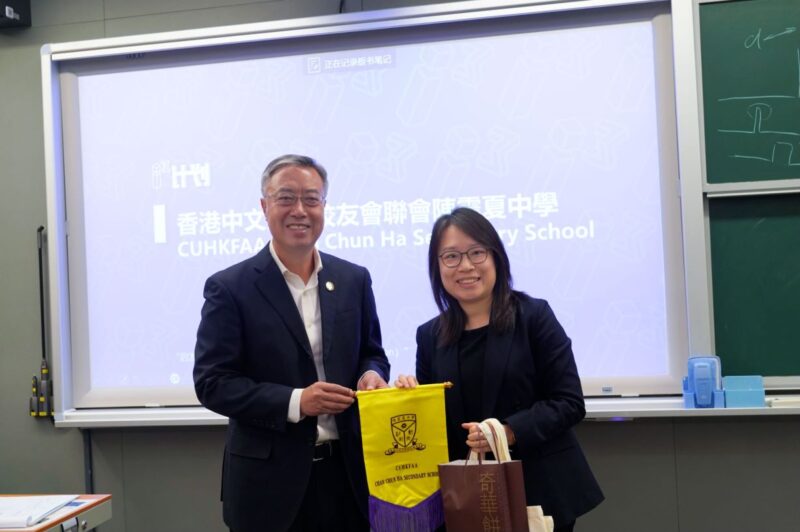- Home
- School Profile
- Vision and Mission
- Sponsoring Body
- Incorporated Management Committee
- The Legend of Mr. Chan Chun Ha
- School Song
- Message from the Principal
- Chun Hanians
- Administrative Framework
- Committee Coordinators
- School Tour
- School Documents
- School Plan and Report
- DLG Three-Year Plan
- Diversity Learning Grant Plan
- Diversity Learning Grant Report
- Prevention of Sexual Harassment Policy
- Guidelines for Handling School Complaints
- Sister School Exchange Plan and Report
- Life Wide Learning Grant
- Capacity Enhancement Grant
- Student Activities Support Grant
- School-based After-school Learning and Support Programmes
- Whole-School Policy for Preventing Bullying
- Active and Healthy School Campus School Policy
- One-off Grant for Supporting the Implementation of the Senior Secondary Subject Citizenship and Social Development
- Educational Support Provided for Non-Chinese Speaking (NCS) Student(s)
- Promotion of Reading Grant
- Contact Us
- Learning & Teaching
- Student Development
- Home-School Cooperation
- Alumni
- Admission
- Links
- English (UK)


